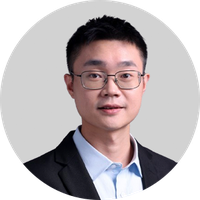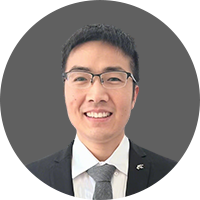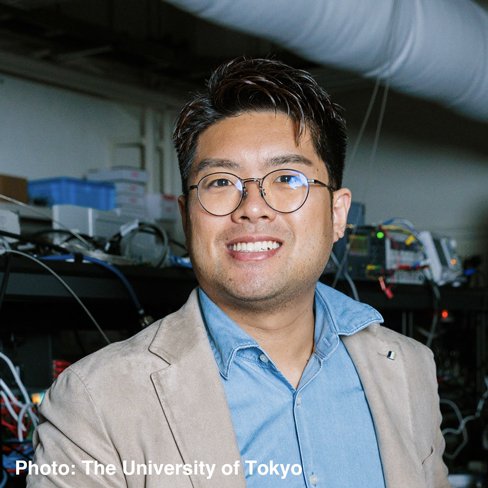Amid slowing progress in semiconductor technology and a leveling off of performance improvements in conventional computers, quantum computers have been garnering attention as the next generation of computing devices. Warit Asavanant, an assistant professor in the Department of Applied Physics in the School of Engineering at the University of Tokyo, is one of the world's leading researchers in the field of photon-based optical quantum computers.
Asavanant was the first in the world to successfully generate large-scale quantum entanglement in an optical quantum computer. Specifically, he created quantum entanglement with a complex structure known as a two-dimensional cluster state and demonstrated that quantum operations are possible in that state. Asavanant's achievements also include the world's first successful demonstration of optical logical qubits, a major step forward in the realization of fault-tolerant quantum computers.
Asavanant recent work is focused on two technological developments. One is the development of high-speed optical quantum computing technology that employs 5G optical communication technology. As a result of this research, in 2024, he succeeded in high-speed generation of quantum states necessary for quantum entanglement and logical qubit generation, enabling high-speed optical quantum information processing with clock frequencies in the range of tens of GHz that cannot be achieved with other physical systems.
The other research topic is automatic control of optical quantum computers. Conventional optical quantum computers in the research stage were largely dependent on human adjustment, but the time-multiplexing method developed by Asavanant's research team has automated adjustments without enlarging the system. They have already achieved automatic adjustment for some measuring instruments, and are working towards creating a maintenance-free optical quantum computer.
In order to implement these research results in the real world, Asavanant founded the startup company OptQC in September 2024 together with Professor Akira Furusawa of the University of Tokyo and others with the goal of developing and marketing real commercial-scale optical quantum computers. While continuing to conduct basic research, Asavanant plans to explore applications in conjunction with engineering for practical implementation.
Optical quantum computers operate at room temperature and pressure and can achieve high operating frequencies, enabling them to show high performance while reducing energy consumption. Moreover, with their high degree of compatibility with the existing optical communications infrastructure, they are expected to be used in data centers. Hopes are high that cutting-edge Japanese technology will enable practical applications of optical quantum computers.




